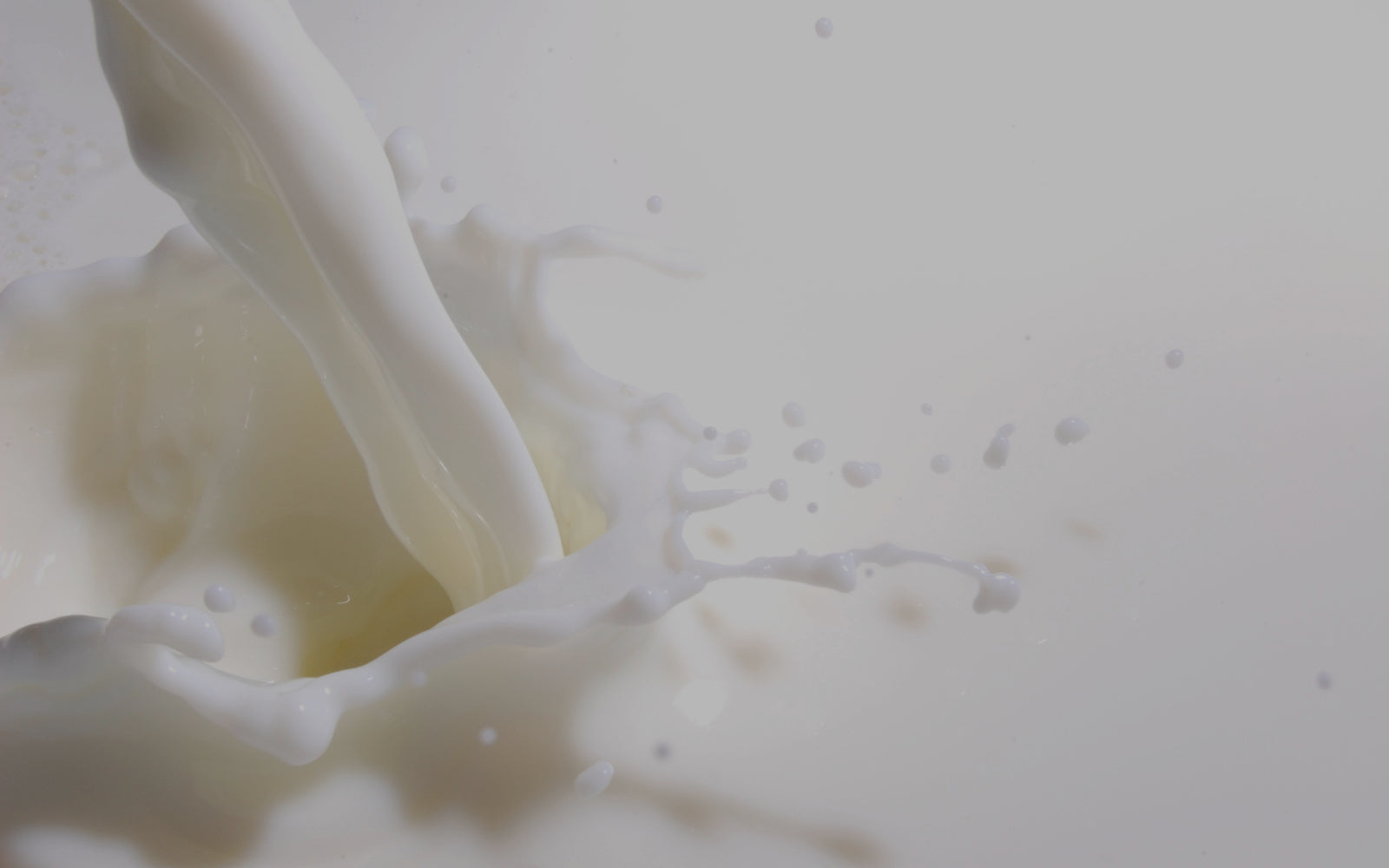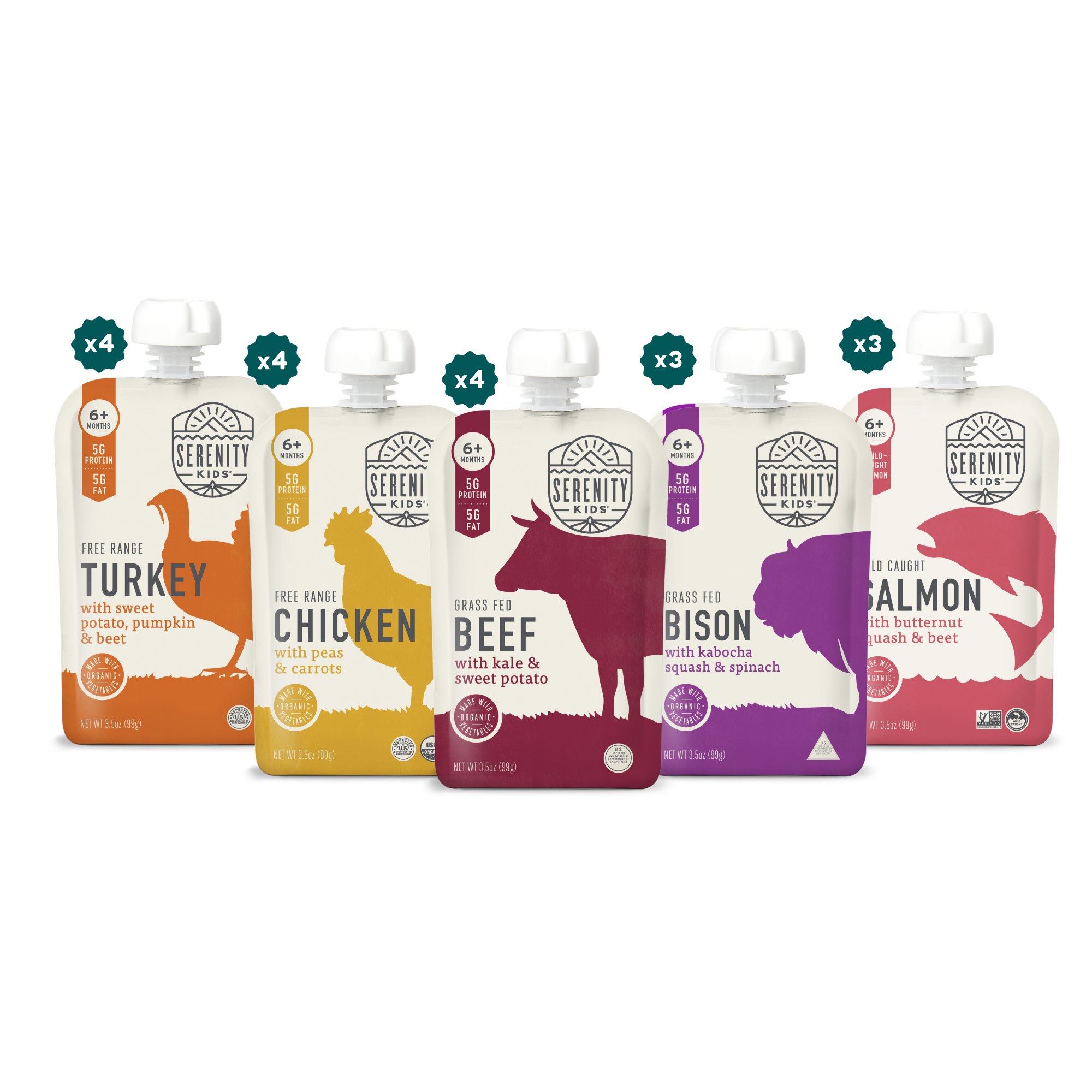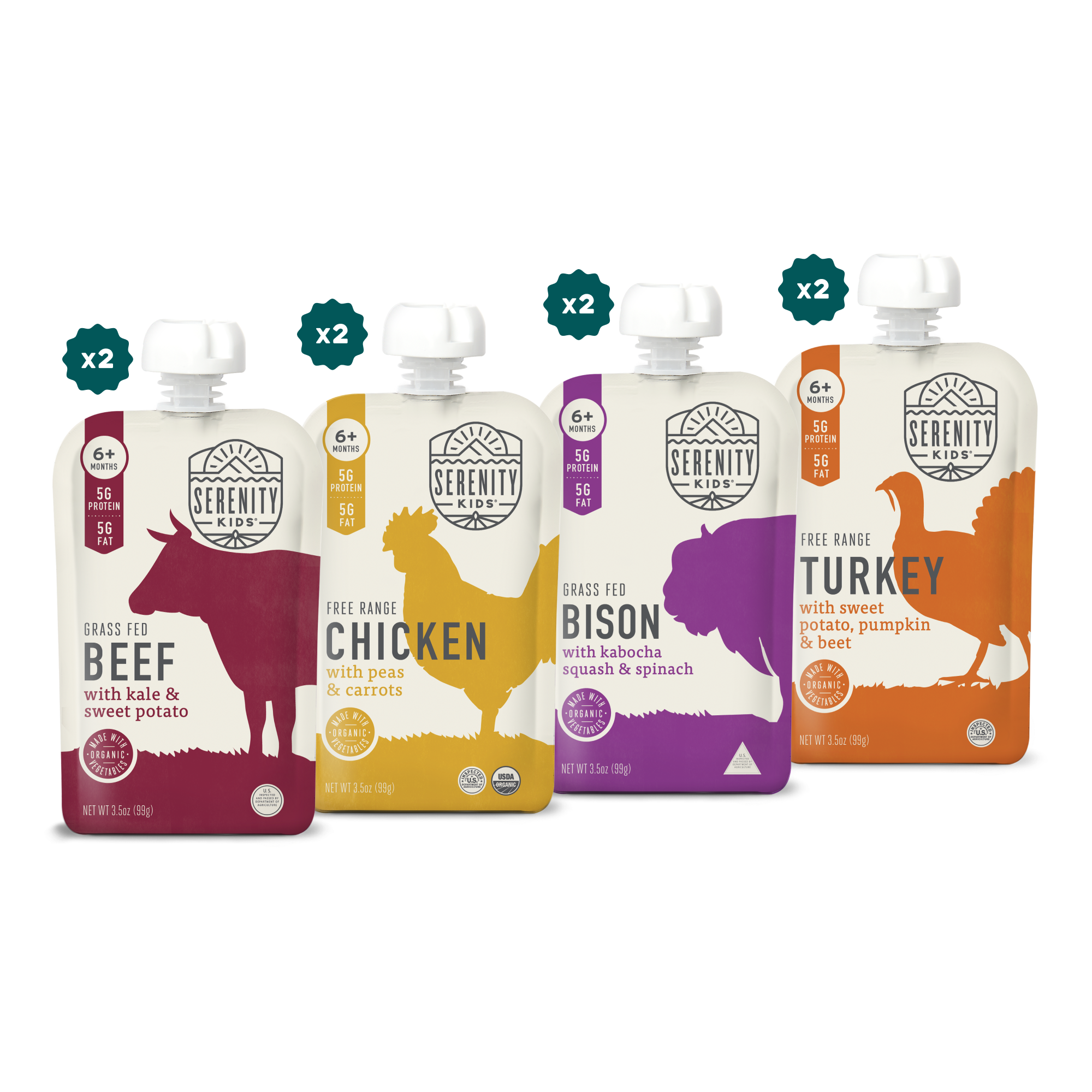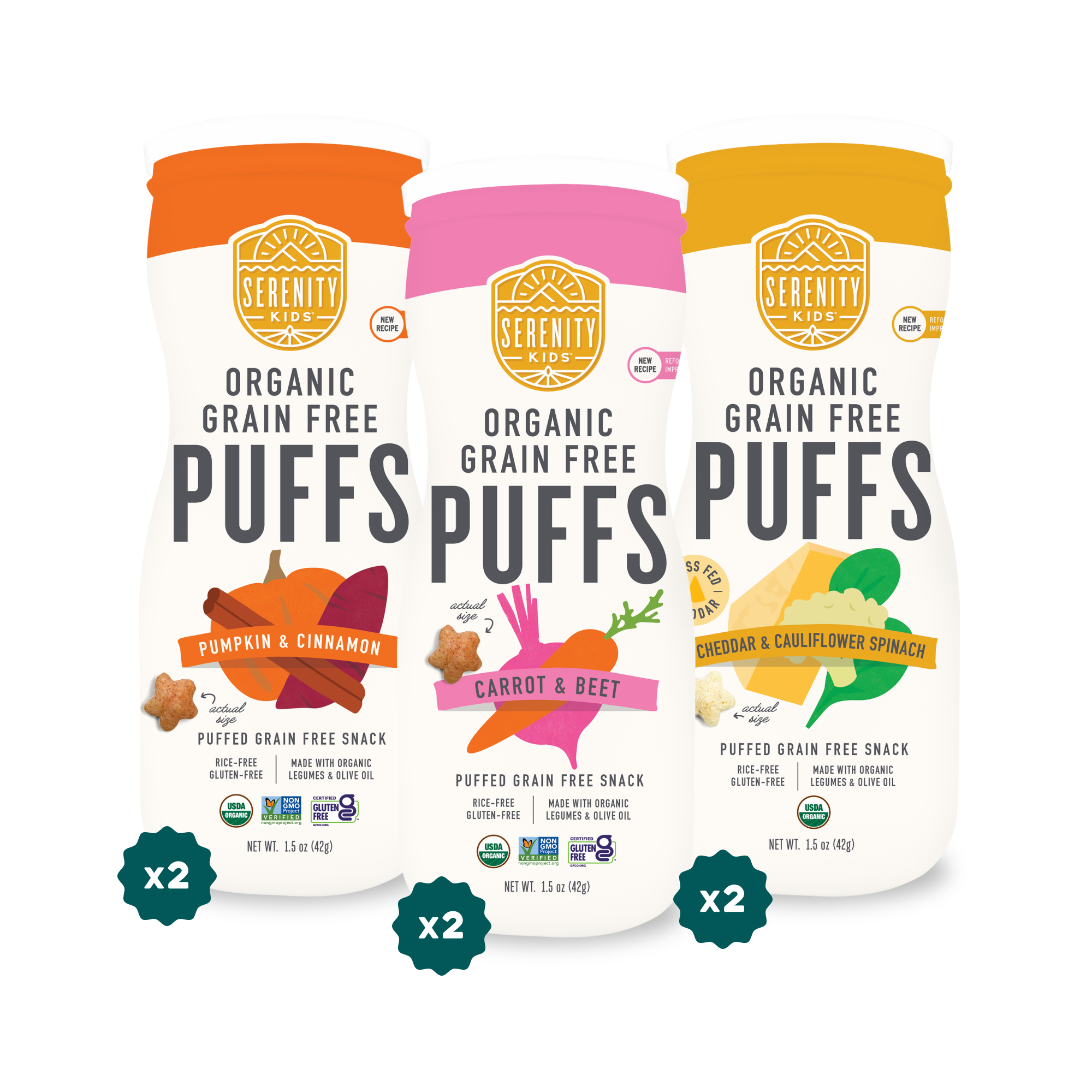TABLE OF CONTENTS
Written by Hillary Bennetts
March 01, 2022
A1 vs. A2 Milk: What’s the Difference?

It's no secret that we do things a little differently at Serenity Kids. For example, our toddler formula contains organic whole A2 milk rather than A1 milk. And this decision has led to quite a few questions from customers. Since A2 milk is not commonly used or found, many people are not familiar with it.
One of our most frequently asked questions is, what is A2 milk and how is it different from A1 milk? We do have an in depth blog on this topic that you can find here. However, if you want to skip the sciency talk and just understand the high level differences, this blog is for you.
Before we get into it, let’s clear up a few things:
- A1 or A2 refers to a particular type of protein (beta casein) in milk.
- Research has shown that A2 milk is easier to digest and is associated with fewer health risks.
- Just like any milk, sourcing matters. Our A2 milk comes from a regenerative farm that has a commitment to animal health which results in a more nutrient dense and ethical product than other A2 milk on the market.
- A2 milk has the same taste as “traditional” A1 cow’s milk. This gives it an appeal over goat milk, sheep milk, and other alternative dairy products.
Below is a chart that compares A1 and A2 milk:
|
Type of Milk |
A1 |
A2 |
|
Global sales (2019, estimated) |
$718.9 billion |
$6-7 billion |
|
Original protein found in cow’s milk |
No (result of genetic mutation in cows) |
Yes |
|
Contains potentially harmful beta casomorphin 7 (BCM7) |
Yes |
No |
|
Types of milk with a similar protein structure |
Cow |
Human breast milk, goat, sheep, donkey, camel, yak |
|
Calcium content |
310mg |
280mg |
|
Other nutrients |
Vitamin D (less bioavailable form of D2 often added) |
Vitamin B12, Folate (naturally occurring) |
|
Contains lactose |
Yes |
Yes |
We are proud to include A2 milk from Alexandre Family Farm in our Organic A2 Whole Milk Toddler Formula. For more on why, check out our full blog post!
Shop Toddler Formula
Written by Hillary Bennetts
You Might Also Like
· 1 min read · Recipes
· 7 min read · Education















































